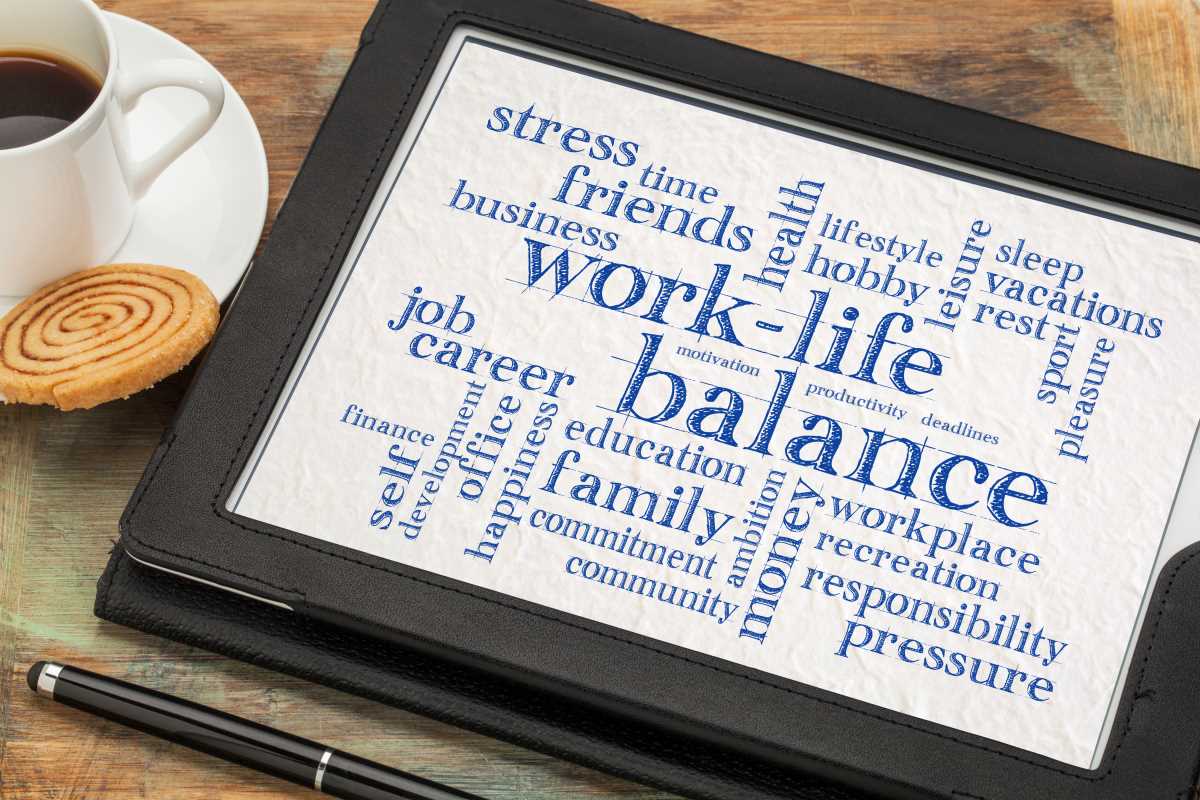Failure is something most people try to avoid at all costs, yet it’s also one of the most powerful tools for personal and professional growth. It can sting in the moment, but those tough experiences carry valuable lessons that success alone can’t teach. Learning from tough moments allows you to use those times to build resilience, improve your mindset, and grow stronger for the future. We will explore why setbacks can be great teachers, how to use their lessons to move forward, and why even the biggest missteps often lead to the most significant breakthroughs. Along the way, we’ll share tips to stay motivated, examples of individuals who turned mistakes into success, and strategies to help you reframe your own challenges into opportunities for growth.
The Hidden Benefits of Failure
Messing up is tough to face, but it offers rewards that success simply can’t replicate. Think of failure as a feedback loop. Each mishap provides you with knowledge that helps you refine your approach the next time around.
It Builds Resilience
Overcoming tough times strengthens your emotional endurance. Facing challenges and working through setbacks teaches you how to manage stress and uncertainty. Resilience is about learning to thrive even when things don’t go as planned.
Athletes, for example, often train for years and experience countless losses before reaching their peak. Every loss teaches them what to improve, whether it's refining technique, adjusting strategy, or developing stronger mental discipline.
It Encourages Growth
Failing points out areas for improvement that can lead to better results the next time. Instead of viewing a flop as the end of the road, think of it as a compass pointing toward what to work on. For instance, a failed business pitch might show communication gaps, giving you a chance to work on presentation skills and better understand your audience.
Growth comes from effort, and making mistakes is often what motivates us to evolve.
It Fuels Innovation
Many important inventions come from trial and error, where early setbacks became steps toward success. Take Thomas Edison, who famously said, “I have not failed. I’ve just found 10,000 ways that won’t work,” while inventing the light bulb. Each attempt taught him something valuable that ultimately led to one of the most impactful innovations of all time.
How to Stay Motivated After a Failure
Keeping your motivation high after hitting a roadblock can be tricky, but using thoughtful strategies can make a huge difference.
Reframe the Situation
Start by changing how you view failure. Instead of seeing it as an endpoint, treat it as a learning moment. Ask yourself, “What went wrong? What can I do differently next time?” This mindset shift lets you focus on improvement rather than disappointment.
Think about the story of J.K. Rowling. Before she became one of the most successful authors in the world, she faced rejection from 12 different publishers for her “Harry Potter” manuscript. Rather than giving up, she refined her work and eventually landed a publishing deal. Viewed the right way, a setback often lays the foundation for later success.
Break Down the Failure
Messing up can feel overwhelming if you focus on it as one massive setback. Breaking it down into smaller, specific issues makes the problem more manageable. Identify what went wrong in detail and pinpoint exact areas to address.
For example, a student who fails a major test can analyze which sections were toughest. Targeting those areas in future study sessions increases the chances for success next time.
Celebrate Small Wins
Even after a mistake, there are usually small victories in the process. Did you gain experience? Learn something new about yourself? Improve your approach? Celebrate those achievements, no matter how minor they seem. Recognizing these positives helps maintain motivation and keeps you moving forward.
Famous Failures That Turned Into Success
There are plenty of examples of people who turned big setbacks into remarkable achievements. These stories remind us that mistakes are not a sign to quit. They are often the first step to greatness.
Michael Jordan
Michael Jordan is considered one of the greatest basketball players of all time, but the journey wasn’t smooth. He was cut from his high school basketball team, which could have shattered his confidence. Instead, he used this setback as fuel to work harder and eventually became an icon in sports history.
Oprah Winfrey
Before becoming a media mogul, Oprah faced professional setbacks, including being fired from her first TV job as an anchor. Critics doubted her potential, but she channeled those experiences into building one of the most influential entertainment empires.
Steve Jobs
Steve Jobs, the co-founder of Apple, faced a major career setback when he was ousted from his own company. Refusing to give up, he launched new ventures like Pixar, which revolutionized the film industry. Eventually, he returned to Apple and led the company to unprecedented success.
Strategies to Learn From Failure
Taking a proactive approach to falling short allows you to gain valuable lessons and set yourself up for future success.
Acknowledge Your Feelings
It’s normal to feel disappointed, but letting those emotions linger too long can hold you back. Give yourself time to process the setback, but focus on moving forward. Journaling or talking to someone you trust can help you unpack your feelings in a productive way.
Ask for Feedback
Sometimes you stumble because it’s hard to spot your own blind spots. Asking others for their perspectives can be extremely helpful. For example, a job applicant who doesn’t get the job might reach out to the interviewer for tips on improving for next time.
Stay Curious
Approach tough situations with curiosity rather than frustration. Ask why things didn’t work and look for creative ways to do better. Trial and error are key for real growth, and curiosity keeps you invested in learning.
Why Failure is Vital for Long-Term Success
You don't just survive failing. It becomes an essential part of lasting success. Each challenge provides a chance to adapt, fine-tune your skills, and build mental toughness.
Tech companies like Google and Amazon often experiment with new ideas. For every big hit, there are plenty of failed products behind the scenes. Those attempts aren’t wasted because each one provides lessons for the next attempt.
Many of the greatest achievements owe their existence to failure, because tough lessons force us to confront our limits, adjust our strategies, and keep moving.
By reframing mistakes as steps forward, focusing on what you can learn, and remembering that many successful people faced serious setbacks, you can use challenging moments as powerful opportunities for growth.
Keep trying, keep learning, and most importantly, keep moving forward. No matter how many times you fall, there’s always a chance to grow and make those experiences your best teacher.
 (Image via
(Image via





